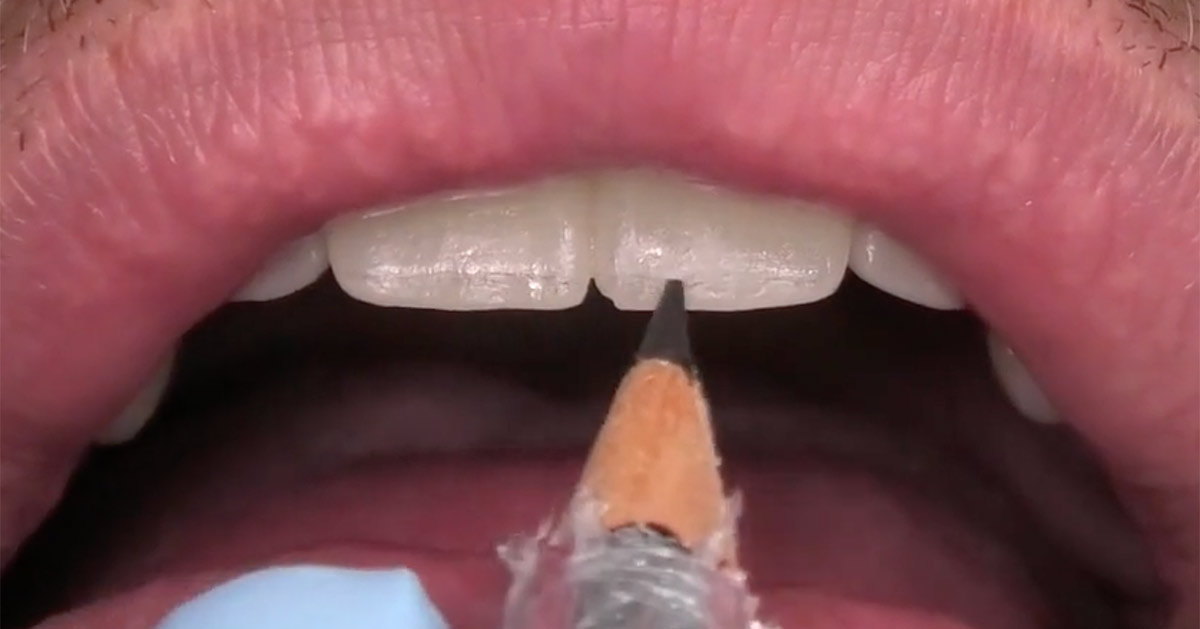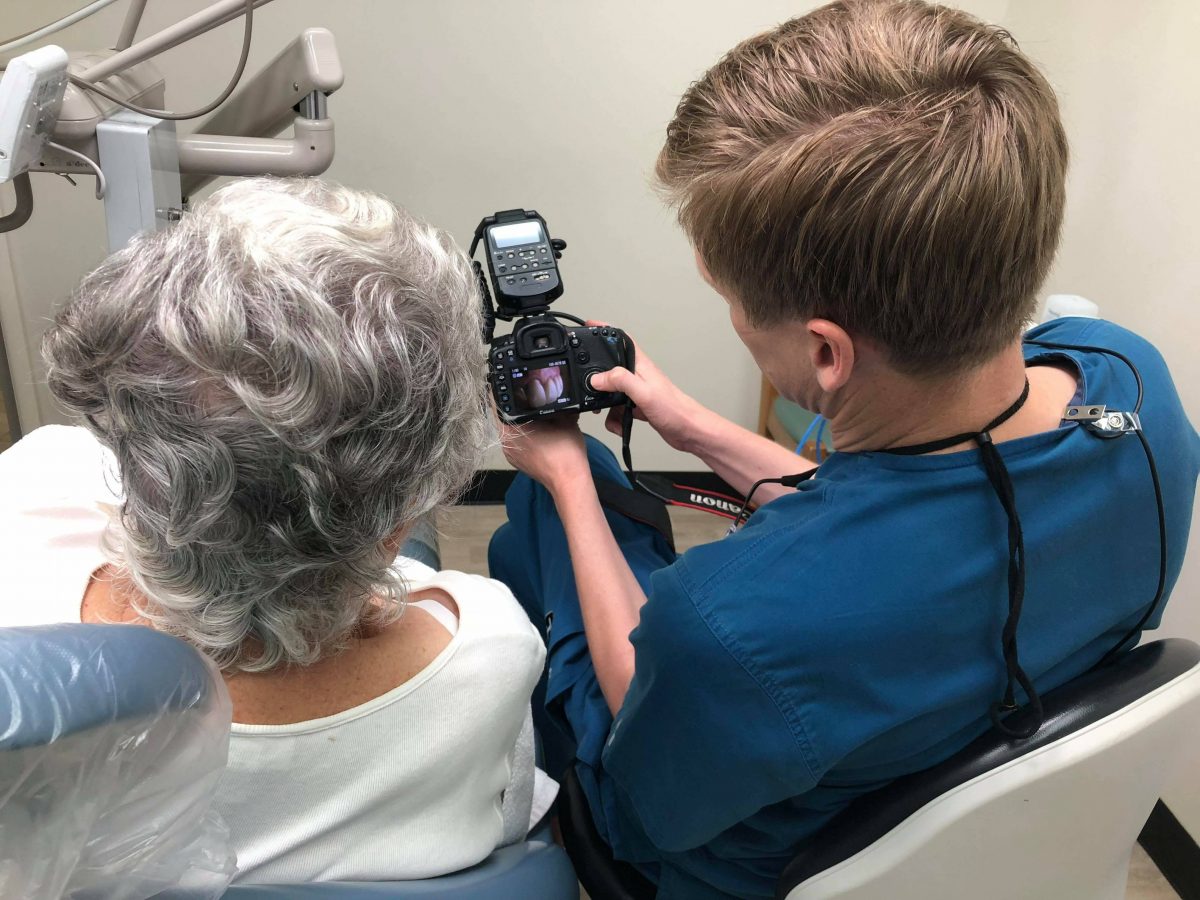First, professionals were paternalistic. They did what they thought best for the patient.
Then came the great trend of patient autonomy. The patient could choose what was best for them.
Then came patient choice. You could offer them many options and they could choose.
The came absolute nonsense. If hear one more person say "I gave the patient all available options" I will take them to the Okavango Delta and toss them to a hippopotamus (or at least act annoyed). No one ever gives the patient all available options.
Let's consider the average elderly patient. They have tooth movement. They have recession. They have wear. They have multiple restorations in various states. They have missing teeth.
I can think of three different approaches for dealing with moving teeth. I can think of six different ways to deal with recession. I can think of about twenty ways to deal with wear. And so on. The total available treatment combinations would number into the thousands if not tens of thousands.
Every time a patient goes to court for something that went wrong, the dentist rarely gets off because the patient had autonomy and chose a bad treatment.
The patient, sitting in court, (or perhaps just sitting in your chair with a complication or dissatisfaction) utters those depression-inducing words.
"If I had known..."
If I had known that I could never wear a denture if this all on four failed, because all the bone was removed, I would have been happy to have the sinus graft.
If I had known that my tooth would snap off because it was cut so heavily, I would have been happy to have orthodontics.
If I had known that implants could get problems, I would have done the root canal thingy.
In each case, the patient chose an option because they were not informed of the downside. In each case, if it becomes an argument in court or in an area of regulation, your excuse that the patient chose it will seem weak and easily undone.
Really, we are heading back to paternalism. The patient is allowed to choose between doing nothing, and doing something you are quite sure will meet their goals that you are quite sure will satisfy them in the short, and the long term. We can never let them choose something that will fail or cause harm. And we are expected to say no, rather than let the patient choose a poor option.
You are expected to do what is best for the patient even if the patient is pressing you to do something you know will harm them.
Have you spent enough time communicating with the patient to be sure?
What do you think, are we headed back to a more paternalistic approach where the patient has little responsibility in the decision making process?






